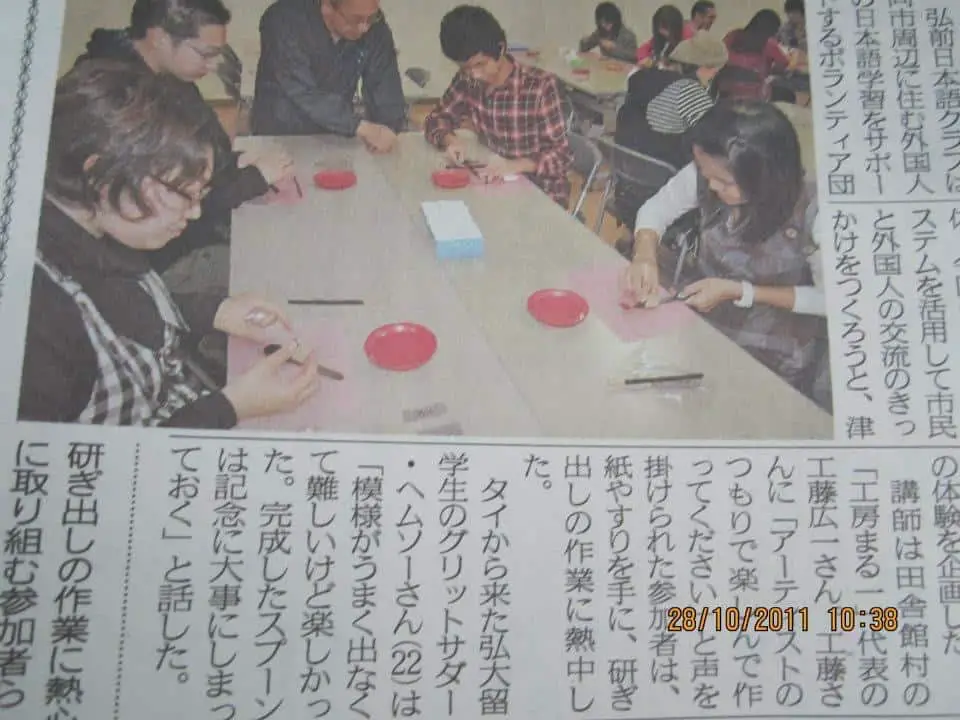Hiragana, katakana, and kanji are the three main writing systems of the Japanese language. While these systems are all different, each has a specific role it plays in the understanding of the Japanese language. While katakana is meant for foreign words imported into Japanese, hiragana is generally used for native Japanese words. Kanji, on the other hand, is a form of representation of deep-rooted words or phrases that are used in the Japanese language. Therefore, you cannot afford to neglect one while focusing on another.
This leads us to the important question about reading Japanese. Is it possible to read the Japanese language without kanji? In the actual sense, you cannot read any meaningful Japanese writing without having some understanding of kanji. This is because every Japanese writing piece has a few elements of kanji characters that give meaning to the whole piece. Therefore, if you don’t know kanji, you will not be able to comprehend what you are reading.
However, you don’t need a lot of kanji characters to read in Japanese. With about 100 characters, you can start reading some basic Japanese writings. With around 2,000, you are regarded as a literate Japanese speaker as stipulated by the Japanese government. However, if you are a highly educated person with a top-notch understanding of Japanese, you will need more kanji characters.
It is important to realize that learning kanji doesn’t determine whether you can speak Japanese or not. Several people in Japan cannot recognize a single kanji character but speak the Japanese language very well.
Does this mean you cannot read anything in Japanese without kanji?
Having said that it will difficult for you to read Japanese without kanji, you should note that there are some exceptions. You may actually be able to read toddlers’ books without kanji. These kinds of books usually have simplified grammar and vocabulary. Besides, most toddlers’ books have furigana, which can make it easier for you to read with or without kanji. Factually, the majority of Japanese kids don’t know kanji until they are around 7, but they would have been reading some literature before studying kanji.
However, for an adult, toddlers’ or kids’ books are not useful. Hence, it can be agreed that you cannot read Japanese without kanji. Therefore, if you want to read newspapers, anime subtitles, and other Japanese writing pieces, learning kanji is a must.
Although some people living in Japan don’t know kanji, they will struggle with certain things. Kanji characters are often written on most items in supermarkets, subway stations, descriptions on exit and entry doors, toilets, and many other things in public places. As a result of this, your lack of understanding of kanji can make it difficult for you to enjoy living in Japan in some instances.
To deal with this difficulty, learning some kanji characters will come in handy to enjoy residing in Japan or frequenting the country as one of your choicest holiday destinations.
Why is kanji so important to read Japanese?
Since we have mentioned that you cannot read Japanese without kanji, you may want to know why kanji is so vital for anyone that wants to read this language. Basically, kanji involves different written characters that are used for depicting different things. Gotten from the Chinese writing script, kanji gives a better meaning to the Japanese writings. Therefore, if you understand hiragana and katakana without kanji, you won’t still be able to read some Japanese writings.
Consider the following importance of kanji in reading Japanese:
- Kanji indicates clauses
Normally, writing a whole sentence in only hiragana is too difficult to read. In some cases, understanding the sentence may be impossible. This is because the Japanese writing system doesn’t include spaces between words; hence, you cannot tell where a particular word starts or ends.
Nonetheless, once you add kanji to the sentence, you will be able to identify the beginning and end of each word; hence, it becomes easier for you to read the sentence. So, kanji provides the clause that assists you to know the meaning of a sentence.
- Kanji allows you to guess the meanings of words
In the English language, there are times you can predict the meaning of an unknown word by merely looking at its structure. For instance, if you know the meaning of “market”, you may be able to predict what “unmarketable” means. Kanji is the writing script that helps you guess the meaning of many Japanese words. Therefore, if you don’t understand kanji, there are many words that you will not be able to predict their meanings as you continue reading.
- Kanji differentiates homonyms
Homonyms refer to two or more words that sound and/or are spelled the same way. Due to the similarity in these words, it is often difficult for anyone to tell the particular one used in a particular text unless the context is considered. Unfortunately, the Japanese language has several homonyms. In the Japanese language, kanji is the main writing system that can help you differentiate these homonyms.
When words with similar sounds and spellings are written in hiragana, there is no way for you to know the meaning of these words. However, if you have good knowledge of kanji, you can determine the particular word used in each sentence. Hence, knowing kanji will assist you to read Japanese without misunderstanding any words.
When you consider the importance of kanji highlighted above, it will be almost impossible for you to read Japanese without kanji.
Learning kanji
Again, kanji allows you to read Japanese writings and understand them. A little knowledge of kanji can be instrumental in ensuring that you can read basic Japanese texts without any problems.
If you are ready to learn kanji, here are the basic things to do:
- Start learning kanji by mastering the radicals
- Memorize kanji characters by practicing strokes from time to time
- Learn jouyou kanji – this consists of the most important kanji characters
- Substitute some characters in jouyou kanji with the words that are vital to your daily usage
- Practice with spaced repetition
Make sure you read Japanese regularly




